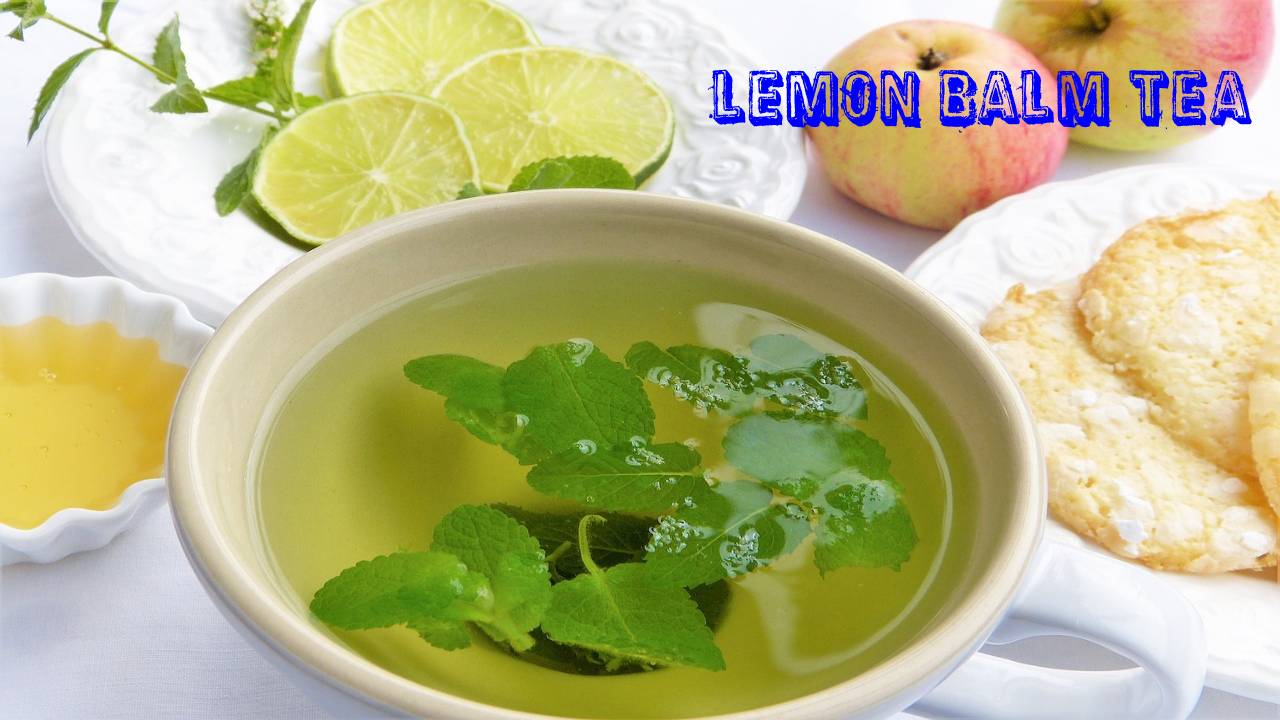Table of Contents
What Is Lemon Balm Tea?
Melissa also called lemon balm or lemon leaf.
It is widely used for the treatment of digestive problems and to control symptoms of anxiety and stress.
It has calming properties that provide well-being and tranquility.
Its scientific name is Melissa officinalis.
It can be purchased at health food stores, handling pharmacies, markets, and some municipal markets.
This plant can be grown at home because it is easy to plant and maintain.

Benefits Of Lemon Balm Tea
It is related to the medicinal properties that plant possesses.
It is rich in polyphenols, tannins, and flavonoids.
So the main benefits are:
- Improve the quality of sleep, being excellent for treating insomnia;
- Helps improve memory and concentration;
- Relieve headaches, toothaches, and migraine;
- Combat gas and flatulence;
- Prevent digestive problems and intestinal colic;
- Relieves vomiting, nausea, and dizziness;
- Relieve menstrual cramps and symptoms of PMS;
- Prevent kidney problems for being diuretic;
- Relieve colds, flu, cold and cough;
- Promote well-being and tranquility, reducing symptoms of anxiety, tension, and stress;
- Improves symptoms related to vertigo and ringing in the ears;
- Helps improve fluid retention;
- It has an antiviral effect on herpes pictures.
The lemon balm provides all these benefits.
Uses Of Lemon Balm
Taking advantage of the fact that lemon balm gives off a pleasant aroma, you can also use this plant in the following ways:
- The lemon balm leaves are combined with tea to add their fragrance.
- In Morocco, lemon balm leaves used to flavor green tea as an alternative to wild mint.
- The fresh leaves used as a condiment in meat and fish stew.
- It also in salads, to which they provide their characteristic lemony aroma.
- The flowering tops of melissa are used as a home remedy to ward off insects, although it is not always effective.
- The lemon balm is grown in pots and pots; its essence contains citral and geraniol, biochemical compounds that repel mosquitoes.
- The lemon balm essence is used in aromatherapy, in baths or scrubs, to treat nervous and digestive problems.
- The nature of extract of lemon balm has incorporated into some cosmetics, such as body oils, perfumes, and soaps.
How To Prepare Lemon Balm Tea
It is advisable to use only the leaves that can be dried or fresh.
It contains all the beneficial properties for health.
Ingredients
One tablespoon of lemon balm leaves;
One cup of boiling water.
Preparation
Add the lemon balm leaves to the boiling water, cover, and let it steep for a few minutes.
Strain it, and it drinks 2 to 3 cups of this tea per day.
Learn about other lemon balm teas to treat and relieve anxiety symptoms.
Side Effects And Contraindications
The side effects of lemon balm are a decrease in heart rate, drowsiness, and a drop in blood pressure.
People with hypothyroidism should avoid this tea.
It decreases the production of thyroid hormones and could interact with the medications used to treat this condition, reducing its effect.
Conclusion
It belongs to a family of mint is an aromatic and fairly hardy perennial subshrub.
It is a cross-pollinating species and has complete perfect flowers with very short-stalked epidermal glands.
There is a growing demand for plant-based medicines, health products, pharmaceuticals, food ingredients, cosmetics, etc.
It is one of those plants and uses in several areas.
It’s high in flavonoids, can have an antioxidant effect.
It can be harvested twice or three times a season just before blooming.

